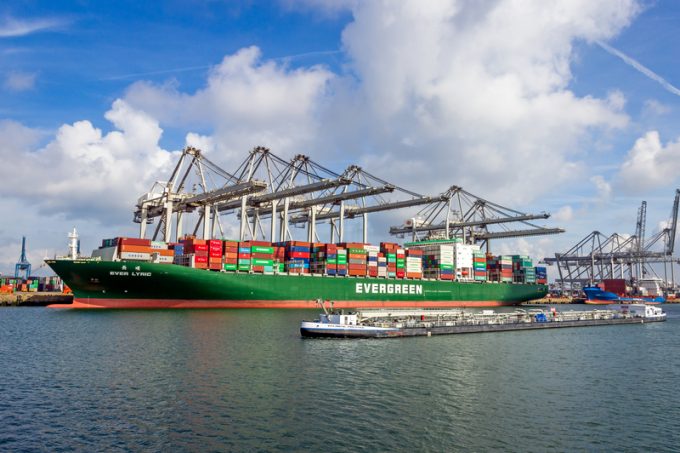Carriers introduce surcharges as congestion builds at African ports
Carriers are beginning to impose congestion surcharges on shipments into African ports as the continent ...

This week the Ship It Zero campaign berated retail giant Walmart for its failure to join in with emissions abatement measures that would ultimately reduce the company’s climate footprint.
Ship It Zero is a campaign launched by US west coast environmental organisations Stand.earth and Pacific Environment. ...

Comment on this article